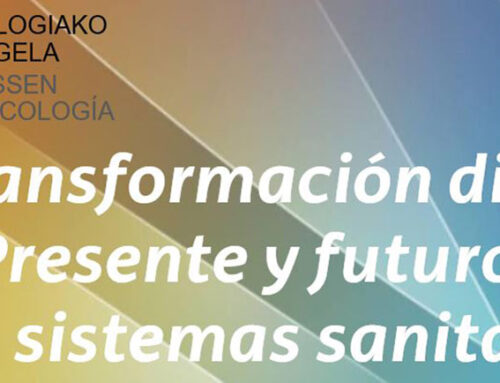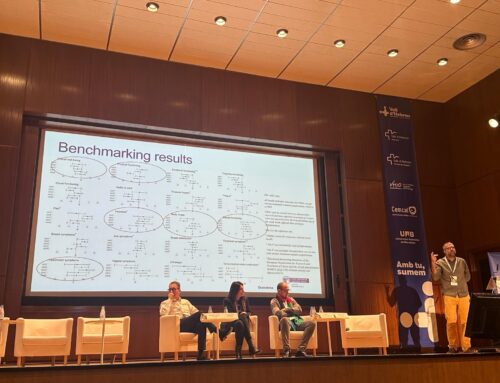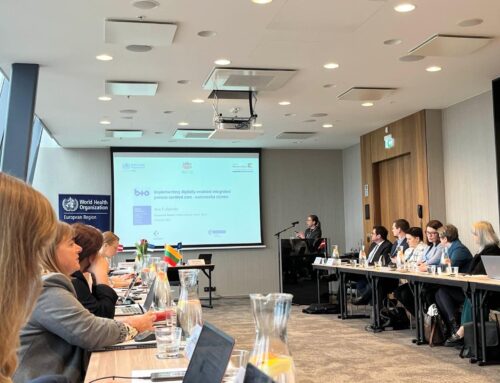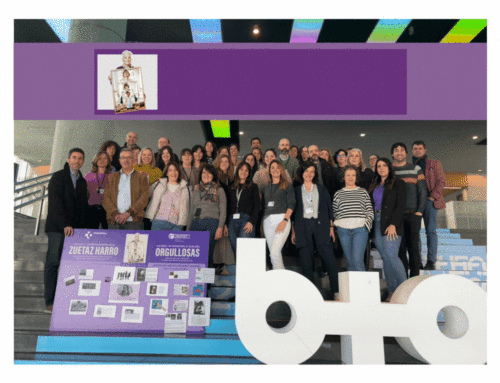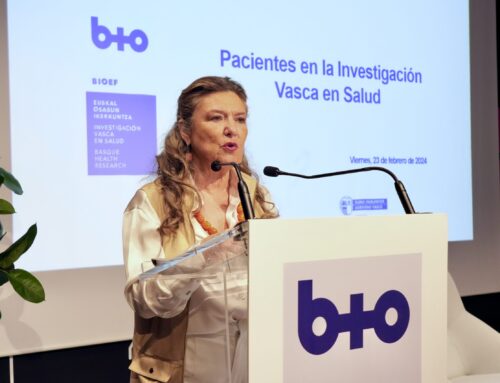The general assembly was meant to be held in Bilbao. However, due to the European travel restrictions resulting from the COVID-19 pandemic, this meeting was held on 2 April online by videoconference.
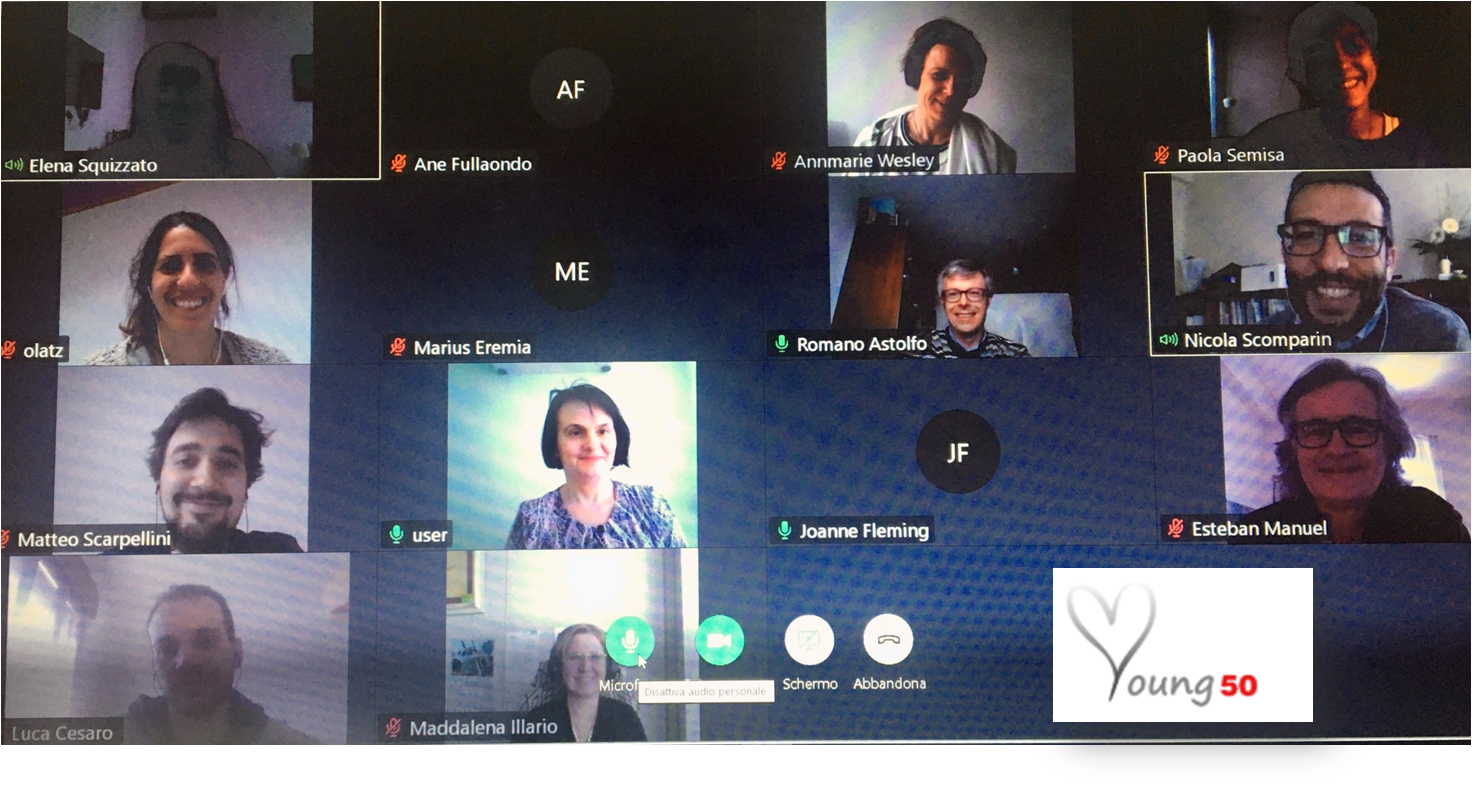 YOUNG50 seeks to promote the prevention of CVD and detect the cardiovascular risk of people over 50 years of age. The project framework strives to transfer the CARDIO 50 Italian screening model to three European countries: Lithuania, Romania and Luxembourg. CARDIO 50 aims to identify people with inadequate lifestyles and detect new cases of hypertension, hyperglycaemia, and hypercholesterolaemia. It also strives to help reduce risk factors among healthy people and promote interventions to encourage changes in unhealthy lifestyles, while increasing knowledge and raising awareness regarding the risk of cardiovascular diseases. As a result, the transfer of these good practices should be adapted for each country guaranteeing their sustainability and applicability to all the sectors.
YOUNG50 seeks to promote the prevention of CVD and detect the cardiovascular risk of people over 50 years of age. The project framework strives to transfer the CARDIO 50 Italian screening model to three European countries: Lithuania, Romania and Luxembourg. CARDIO 50 aims to identify people with inadequate lifestyles and detect new cases of hypertension, hyperglycaemia, and hypercholesterolaemia. It also strives to help reduce risk factors among healthy people and promote interventions to encourage changes in unhealthy lifestyles, while increasing knowledge and raising awareness regarding the risk of cardiovascular diseases. As a result, the transfer of these good practices should be adapted for each country guaranteeing their sustainability and applicability to all the sectors.
This meeting enabled the partners to share the project with all the participants and two affiliate bodies, ProMIS (from the Campania and Calabria region) and the EUPAP European Project coordinator (https://www.eupap.org/). During the event, in addition to reviewing the activities developed over the past months and analysing the difficulties detected, they assessed how the current situation provoked by the COVID-19 pandemic is affecting each pilot region. It is clear that the implementation of the CARDIO 50 programme will be delayed and the consortium unanimously decided to request a 12-month extension from the European Commission. As an alternative, the development of a digital tool was proposed to detect cardiovascular risk in the target population and analyse new cases. It will also serve to provide online training for professionals.
The Kronikgune Institute presented the milestones reached within the work package it is responsible for: “Analysis of the situation, viability and needs assessment, and definition of the action plans for the implementation”. It shared the data obtained from the epidemiological analysis developed by the three countries (involved geographic areas, overall population, number of people participating in the CARDIO50 programme, prevalence of cardiovascular mortality, implemented promotion and prevention activities, etc.). Kronikgune also showcased the results obtained by Lithuania, Romania and Luxembourg following a SWOT analysis (Strengths, Weaknesses, Opportunities, and Threats). This process allowed each country to identify the areas for improvement, establish priorities, actions, and strategies to establish a YOUNG50 adapted model and to start to work on the Action Plan. Last of all, as the manager of the “Implementation Strategy”, the Institute shared a handbook that includes the methodology to plan the implementation of CARDIO 50 in the three countries: who should do what, how and when.
For further information about the project and to follow its progress, visit their official website: https://www.kronikgune.org/young50/

